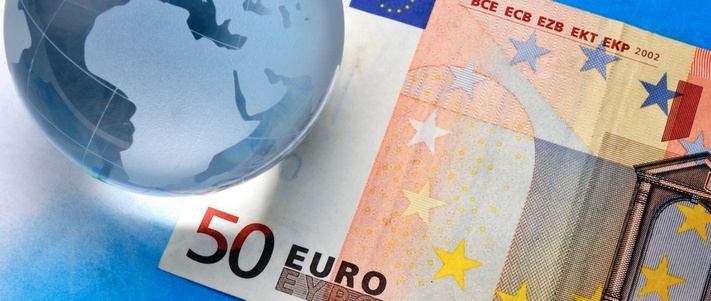
The response by money transfer market businesses to news that the UK had voted to leave the EU highlighted how fast some are to respond to changes - and how much others lag behind.
The value of the pound slumped to a 31-year low in the hours after the Brexit result was announced in the small hours of Friday 24 June.
Some banks responded in real time. Taking an electronic feed from Reuters and building in their margins from the newswire’s spot rate, their rates changed automatically.
But we identified one major high street bank which did not amend its rates to customers until the Monday following the vote. They were still working with paper rates and needed a manual intervention to update their rates.
This meant that any 'savvy' customer changing £20,000 to US Dollars would have received $2,000 more than from banks who reacted quickly to the news.
Continued lethargy of some large financial organisations
Another money transfer provider suspended transactions for 48 hours as they waited to see how currency volatility played out.
Although Brexit was a unique event it helped once more highlight the continued lethargy of some large financial organisations to really understand how to compete in the international money transfer market space.
Benchmarking international transfer rates on a daily basis
At Consumer Intelligence we do foreign exchange benchmarking on a daily basis. We view thousands of transactions every day and our customers use that insight to see who offers the best rates and fees and how they compare to competitors.
[FREE REPORT] International Currency Transfers: a market on the cusp of change
Find out how and why consumers are using international money transfers. The latest Consumer Intelligence International Currency Transfers Survey reveals a market poised for change.
Post a comment . . .



Submit a comment